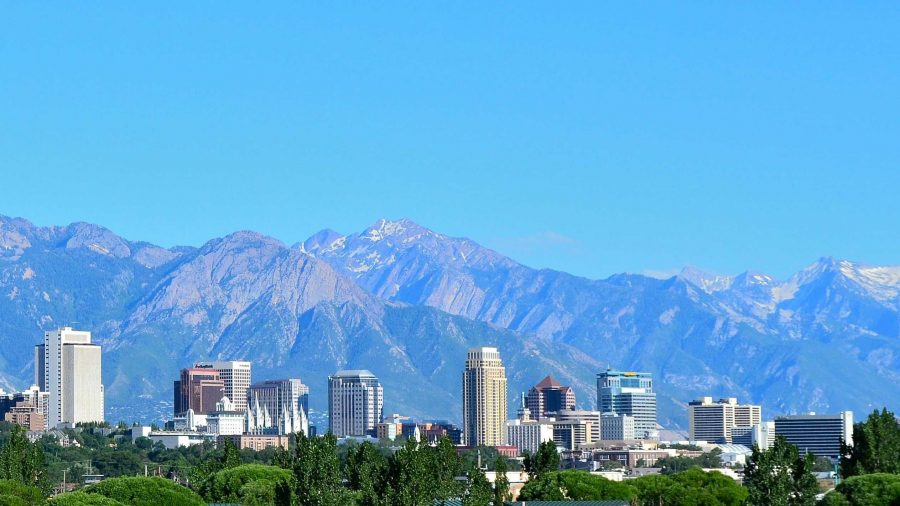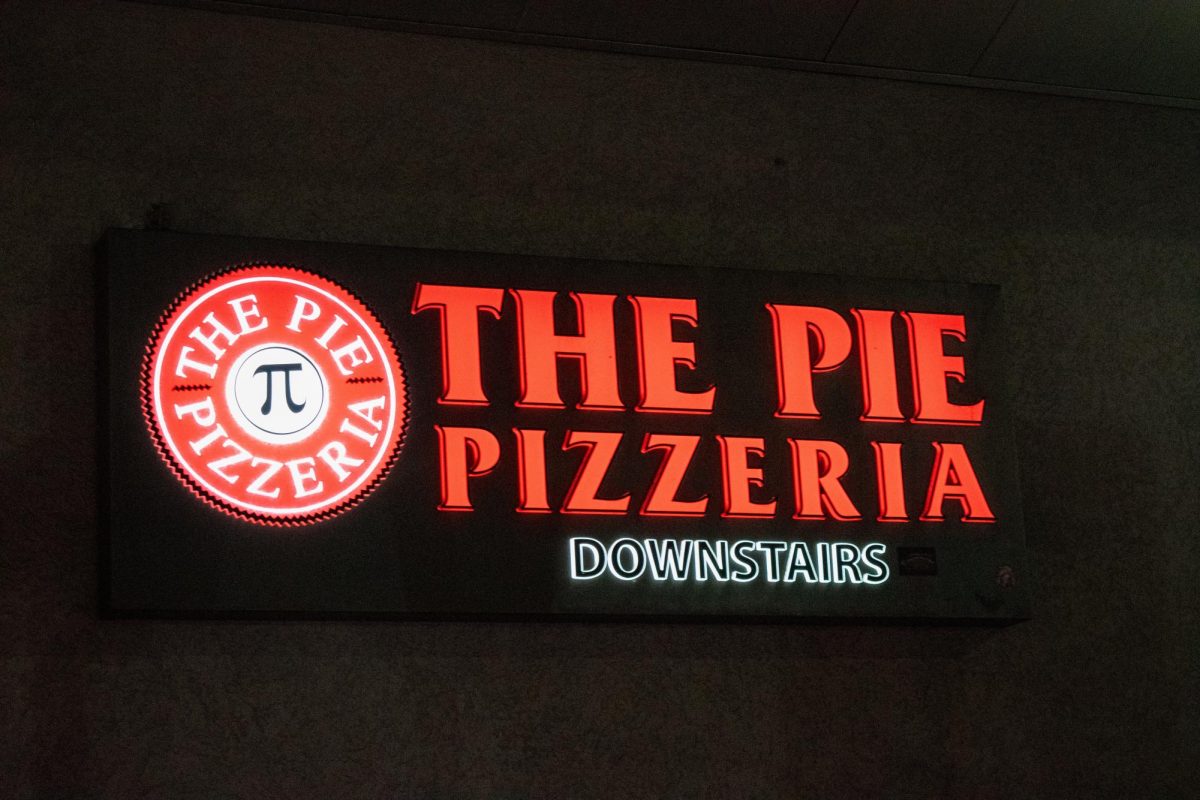Salt Lake City to Become Innovative Zone Alongside New York City
September 28, 2019
On Sept. 18, 2019, the Federal Communications Commission released a statement revealing their two new Innovation Zones: Salt Lake City and New York City will be participating in research surrounding 5G networks. More specifically, the University of Utah and Rice University will be participating in research surrounding the implementation of 5G networks.
Ben Kolendar, acting director for the Department of Economic Development for the city of Salt Lake, was the proprietor in proposing Salt Lake City to be one of the Innovation Zones. Kolendar was in Washington D.C. and unavailable for comment.
To those who are unaware of Salt Lake’s background, it may seem odd that Salt Lake was chosen in addition to New York. Marketing and Research Manager for Salt Lake City, Andrew Wittenberg, disagrees.
“The whole process has been in the works for some time. It was essentially a competition between universities and cities all over the country, [and] we were chosen out of that whole field,” Wittenberg said.”This project is based on a grant from the National Science Foundation for Powder Wireless, a Utah based company. So, while it may seem random, it was the result of a carefully selective process.
“This is just another great example of how Salt Lake City is really getting brought into the international spotlight regarding tech innovations. Our tech industry is booming, our life sciences industry is seeing tremendous growth, and it’s all backed by the government. Being approved for this project alongside New York City will just further push Salt Lake into the eyes of the national and international tech industries.”
While Salt Lake already participates in technological experimentation programs alongside Powder, the approval of Innovation Zones allows SLC, the U and Powder to expand its testing areas and the amount of research performed. In this case, Powder’s testing areas are already located around the U.
“The ultimate goal within the next two years is to start spreading toward Salt Lake and then of course eventually out from there,” Wittenberg said. “Testing sites are designed for enhanced data gathering and will hopefully ultimately make information technologies faster, easier to consume and more accessible.”
“During the testing period, the new technologies won’t impact the average consumer. Businesses will have the option to select to participate in the Innovation Zone testing periods.”
Wittenberg addressed his and Salt Lake City’s ultimate goals for the implementation of such technologies. “They [Powder and the U] are already looking on the horizon to see what’s beyond that. The idea is to make this the next common household language in tech. Something that you won’t need new technologies for.”
This year alone, Salt Lake hosted the United Nations Civil Society Conference, the largest energy conference and now will be the host of the newest innovation in tech: Innovation Zones. “It [the tech field] is growing and innovative and we’re doing this because on a whole it’s better for humanity,” Wittenberg said.












